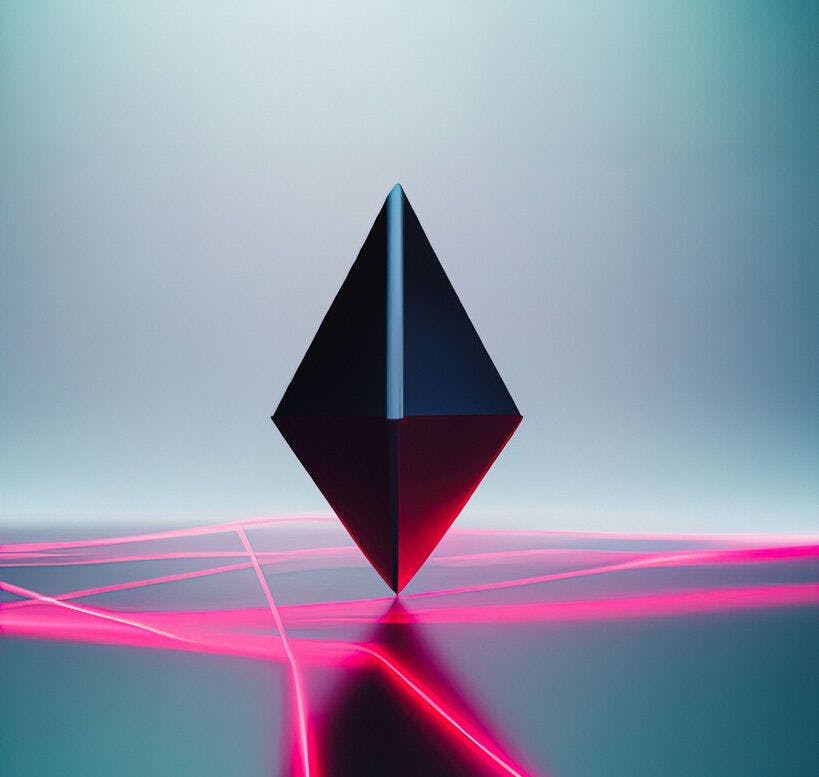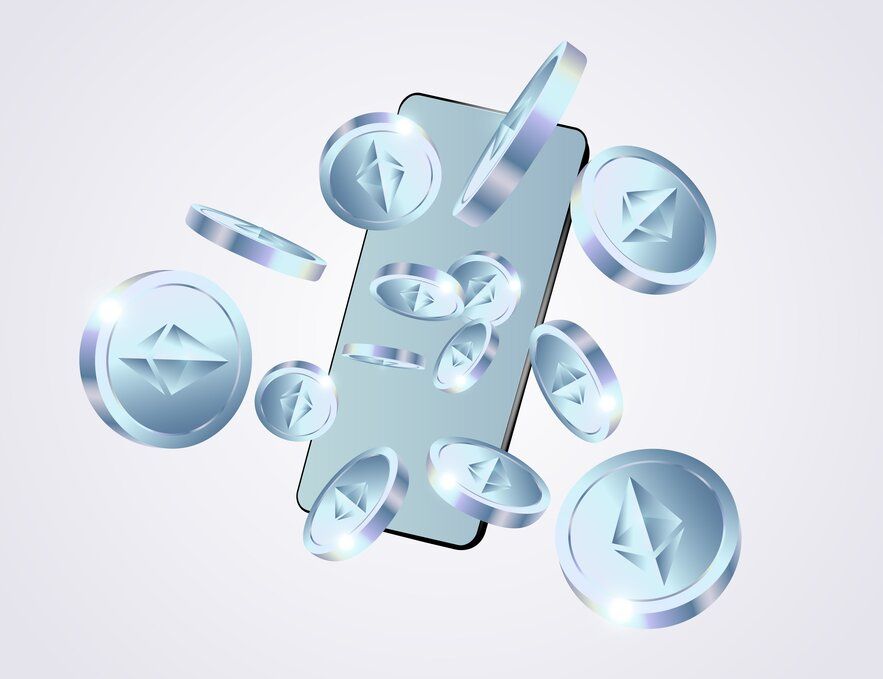
What is Account Abstraction?
15 Jul 2023

15 Jul 2023
Account abstraction is the term for an update to the Ethereum blockchain, also referred to as ERC-4337. Proposed by Vitalik Buterin and the Ethereum development team in 2021 and deployed in March of 2023, account abstraction sets out to solve some of the problems with Ethereum’s current crypto wallet structure.

To understand the benefits of account abstraction, it’s important to know how Ethereum accounts (wallets) are currently working without it. To start, there are 2 types of Ethereum accounts:
The account abstraction proposal (ERC-4337) sought to unite these two wallet account concepts to address the limitations and create a better, safer user experience.
EOAs, however, are what everyday ETH users interact with when making transactions. So, to understand the potential for increased adoption that account abstraction offers, we need to first look at what EOAs do.

EOAs are Ethereum accounts that anyone with a device can set up for free. Users can hold tokens in the account and initiate transactions with other externally-owned accounts. Each EOA has its own cryptographic pair of keys: a public key for receiving tokens and the private key that unlocks access to send crypto to other EOAs.
Even though they are widely used today, Externally-owned accounts do have their limitations:
Account abstraction helps to alleviate these issues by adding more programmability to Ethereum accounts.
With account abstraction, developers are better able to program a better account experience, and, in turn, a higher level of adoption is possible.
Greater Flexibility and Features: Users can hold complex logic within their accounts, like a Contract Account, without having to understand the underlying complexity. This provides ways for users to potentially have more control over their interactions with the blockchain and its smart contracts.
Gas Payments in Tokens: Account abstraction enables users to pay for gas in tokens other than Ether, making the user experience simpler and more intuitive. This is especially so for those using token-centric applications that require many transactions.
Enhanced Privacy: Current Ethereum transactions require a signature verification that can potentially leak some information about the sender's account. With account abstraction, users can leverage more complex privacy-preserving signature schemes, enhancing the privacy of transactions.
Customizable Security Parameters: Account abstraction allows users to define their own security parameters for their accounts, which can potentially result in better security.

There are three basic routes for implemented account abstraction
Both of these options would entail protocol-level changes to Ethereum. Which brings us to #3: Adding a separate transaction system in parallel to Ethereum’s existing protocol. This third option would help increase the adoption of cryptocurrencies by adding functionalities without the need for Ethereum consensus changes.
What all three options have in common is increased access to Ethereum through smart contract wallets that potentially provide a higher level of functionality, usability, and security.

Some of the benefits that smart contracts can provide include:
In addition to these added functionalities, smart contract wallets using account abstraction can create limitless opportunities for wallet developers to create innovative user experiences.
The potential overall result of account abstraction on the end user is a faster, safer and more enriched experience. Behind the scenes, the higher level of support for smart contract wallets gives more robustness and functionality. From the user’s standpoint, however, the wallet experience is set to become easier, more cost-efficient, and safer.
Keep in mind that while account abstraction offers potential solutions, its implementation is not without challenges. It requires careful consideration of various trade-offs, including the risk of additional complexity, the potential for increased block space usage, and new potential attack vectors.
In conclusion, account abstraction represents a substantial step forward in making cryptocurrencies and blockchain technology more accessible, flexible, and user-friendly. As this feature continues to be developed and refined, it has the potential to significantly drive crypto adoption forward, bringing us closer to a future where blockchain technology is a fundamental part of our digital lives.
Read more about easy-to-use crypto wallets with enhanced security in our article: “What Social Verification Means for Crypto Wallet Security.”
Gridlock is a mobile wallet that offers seamless integration with Android and iOS operating systems. It provides a user-friendly interface and top-tier security measures for managing digital assets on the go. With distributed key generation, guardians for account recovery, support for cryptocurrencies and NFTs and commitment to innovation, Gridlock stands out as the premier wallet experience.
Download Gridlock Crypto Wallet today!
- - -
Written by Mason Winsed

Mason Winsed simplifies blockchain for the people. With a comp-sci background and a passion for crypto safety, he's your go-to for straight-forward crypto wisdom. In his off time, he's coding or gaming. Join Mason for a no-nonsense crypto talk.